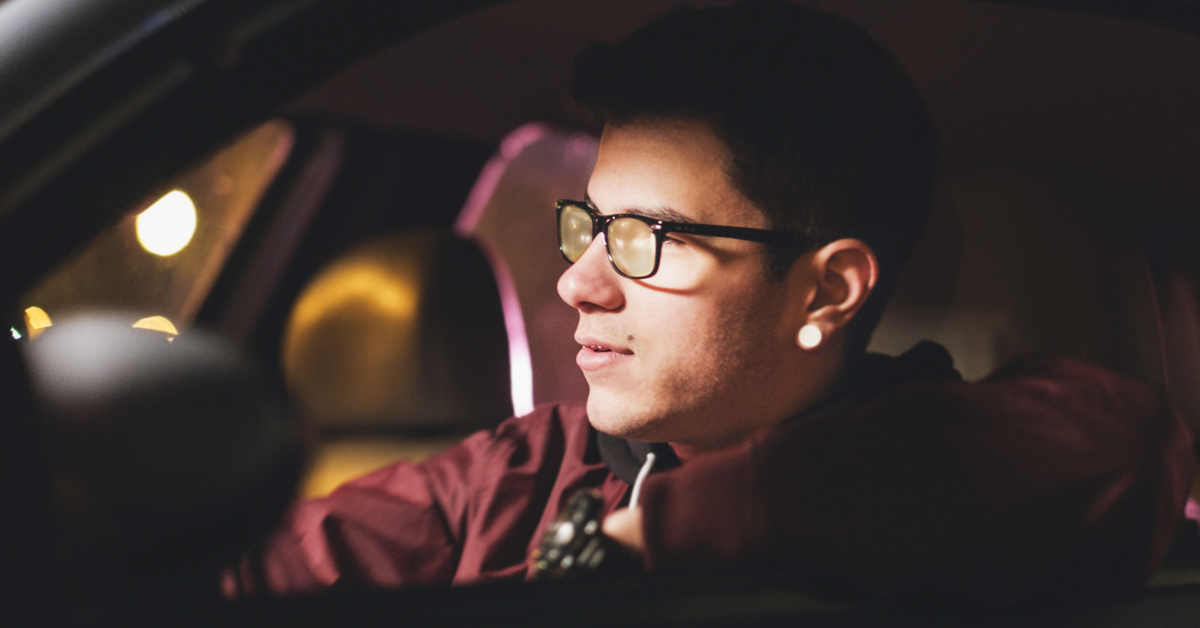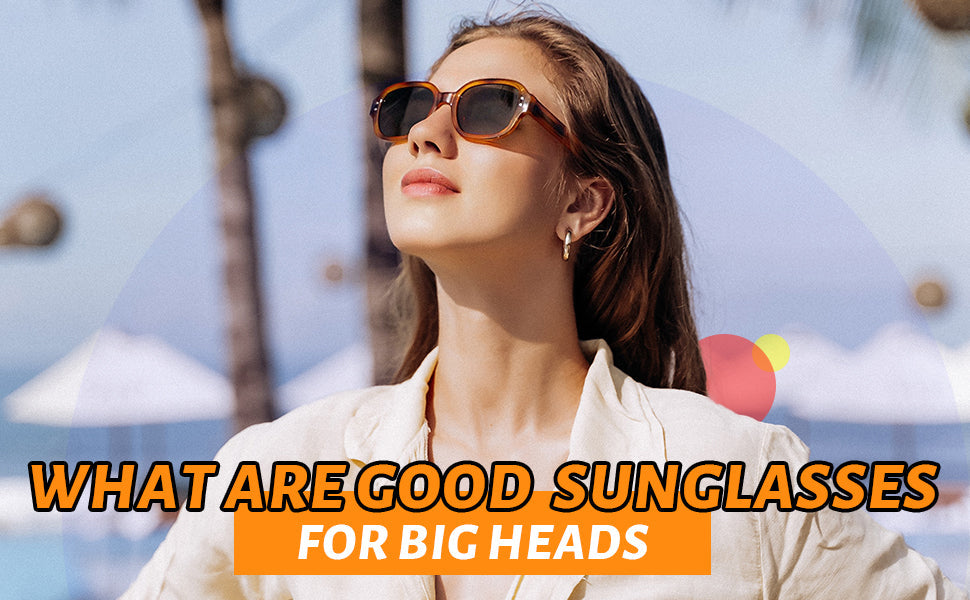
Blue Light Glasses For Night Driving: Effective or Not?

You've probably heard of blue light glasses for night driving before, but are they really effective? As someone who has had insomnia and even blindness while driving in the dark, this seems like a sci-fi movie where magical glasses give you power.
But I have good news: blue light glasses for night driving are real. And no, it's not a marketing gimmick or unrealistic assumption! Blue light glasses aren't significantly helpful for most people, but they help some drivers avoid the harmful effects of staring at bright screens late at night.
Let's learn more about how blue light glasses for night driving work, what things to factor in while buying one, and some additional must-follow safety tips for driving at night.
What Are Blue Light Glasses?
Blue light glasses are designed to filter out harmful blue light from digital screens, natural sources like the sun, and artificial sources like streetlights. These sunglasses are meant for people who spend a lot of time looking at their phone or computer screen and want to protect their eyes from both short-term and long-term effects.
Blue light glasses are typically constructed with lenses that block out all visible light except for specific wavelengths of blue. You may also see a slight tint when wearing them, but this is normal as it will not reduce your vision significantly.
Many of these types of sunglasses have additional features such as UV protection or polarized lenses which can make them more effective than traditional sunglasses if you’re doing things such as driving at night or playing sports outdoors during daylight hours when the sun is shining brightly on snow or water surfaces like skiing.
Do Blue Light Glasses Help With Night Driving?

Would you like to drive at night, but it's just too complicated? Blue light glasses for night driving can help. Blue light glasses for night driving are not a replacement for headlights or other safety equipment, but they make things easier and safer.
How do blue light glasses for night driving work? Blue light causes the pupil in your eye to contract, making it easier to see things clearly in low-light conditions. This is especially helpful if you have poor vision or need reading glasses while driving at night or in poor weather conditions.
However, wearing blue light glasses for night driving may not be enough if you have an impaired reaction time due to age or other reasons such as alcohol.
In this case, wearing yellow-tinted night driving glasses will provide additional protection against UV rays while still allowing your pupils to contract so that you can see better at night and during foggy days too!
Things to Consider When Buying Blue Light Glasses for Driving
There are a few things to consider when purchasing blue light glasses for night driving. First and foremost is the price. While you want the best deal, don’t buy something simply because it’s cheap.
You also need to focus on the quality of the product and its construction—after all, if it doesn't last long or doesn't work correctly, what good is saving a few dollars?
Secondly, think about style. For example: how blue light glasses for night driving look on your face. Also, the lens color (the amount of light blocked by each lens).
If these matter to you, consider this when shopping for your blue light glasses for night driving.
Finally, make sure that whatever model of blue light glasses you choose for night driving has built-in UV protection and eye protection. Both are crucial factors when selecting the kind of blue light glasses best suited for nighttime driving!
Safety Tips for Night Driving
Your high beams will light up the road in front of you and make it easier for other drivers to see you.
It's essential to keep your eyes on the road when driving at night. If you look down for just a second, you could cause an accident because it takes time for your brain to process what it sees at night.
If possible, avoid driving at night. Even though using blue light glasses for night driving may be helpful, other dangers associated with nighttime driving cannot be avoided.
If a car hits another car from behind or crashes into something like a pole or tree, those insides could get injured or killed too!
Key Takeaways
Blue light glasses are a great investment if you're looking for a solution to help you see better at night. While they're not the only option for night driving, they are effective in increasing contrast and reducing glare.
Blue light glasses for night driving can also help reduce eyestrain from extended screen time, making them great for gamers or anyone who spends hours on their computer daily.
Suppose you're considering buying blue light glasses for night driving. In that case, it's essential to know that not every pair will be practical—you'll need to find ones that block out enough yellow-red spectrum wavelengths without blocking others (like violet).
Conclusion
Now that you know the basics of blue light glasses, it’s time to start shopping for your pair. There are plenty of options, and we hope this article has helped you identify what kind of blue light glasses work best for night driving.
If you still have questions about night driving or eye strain from screens, we recommend talking them through with an eye doctor who can provide more specialized advice based on their personal experience with patients like yourself!






